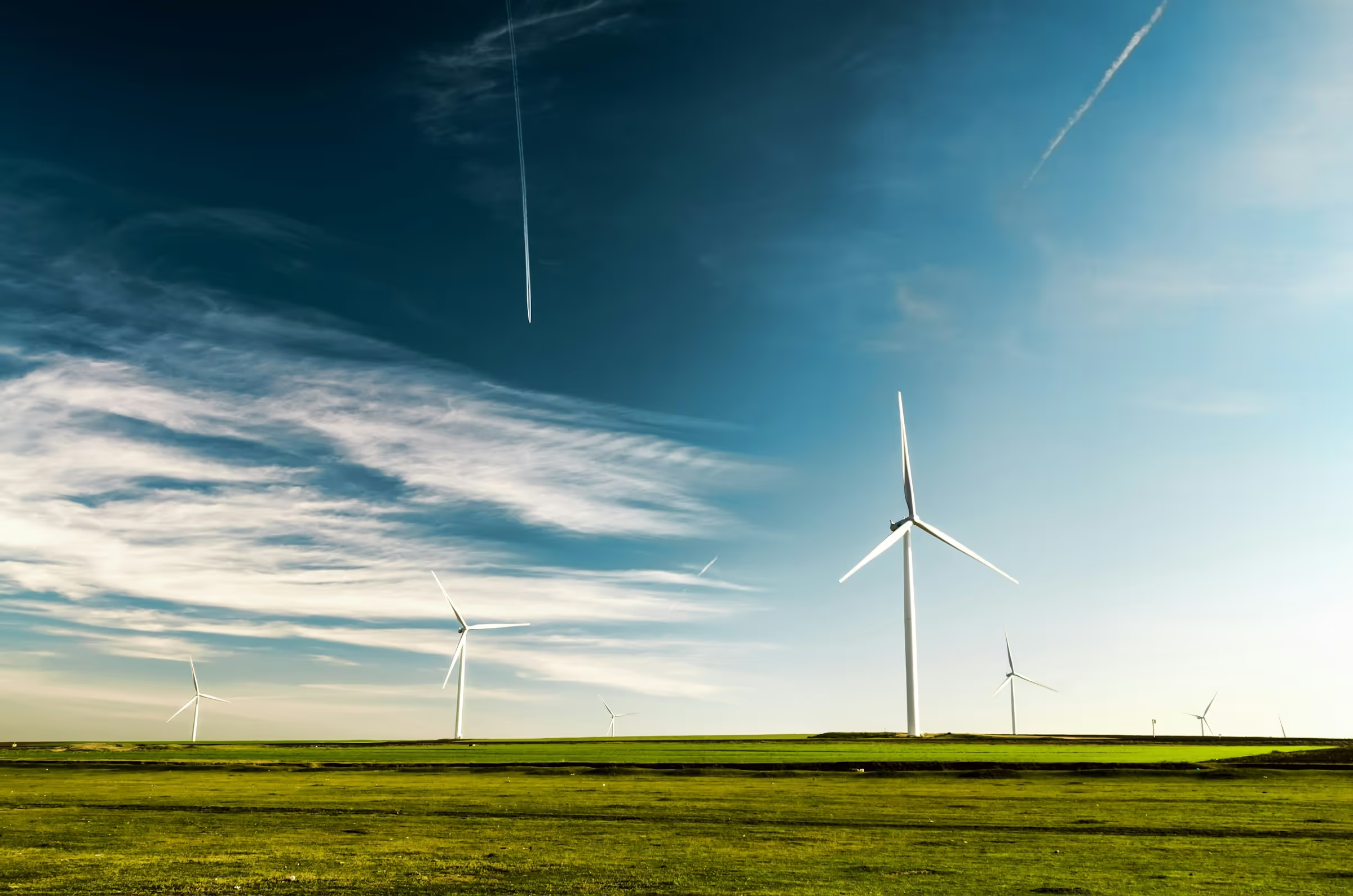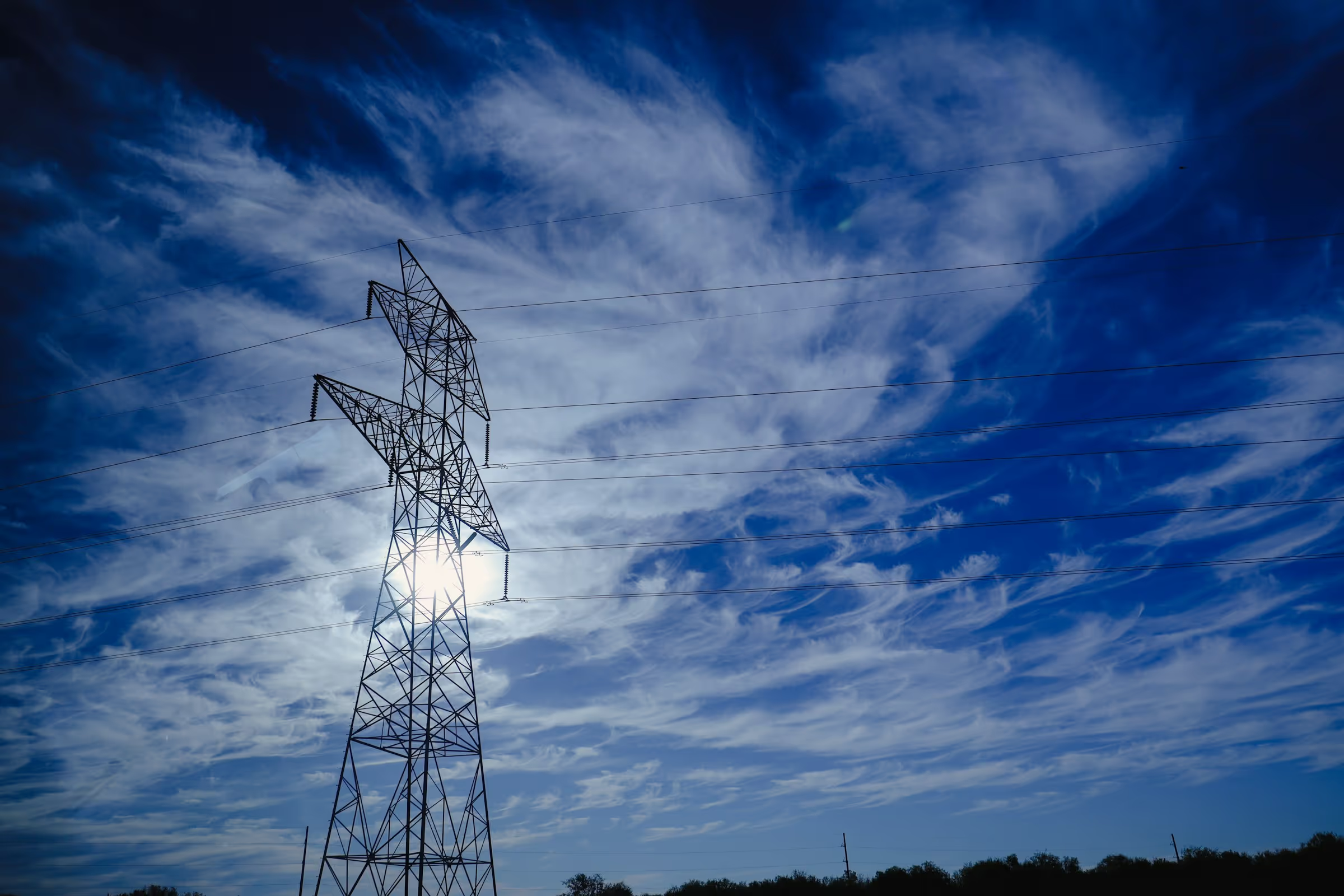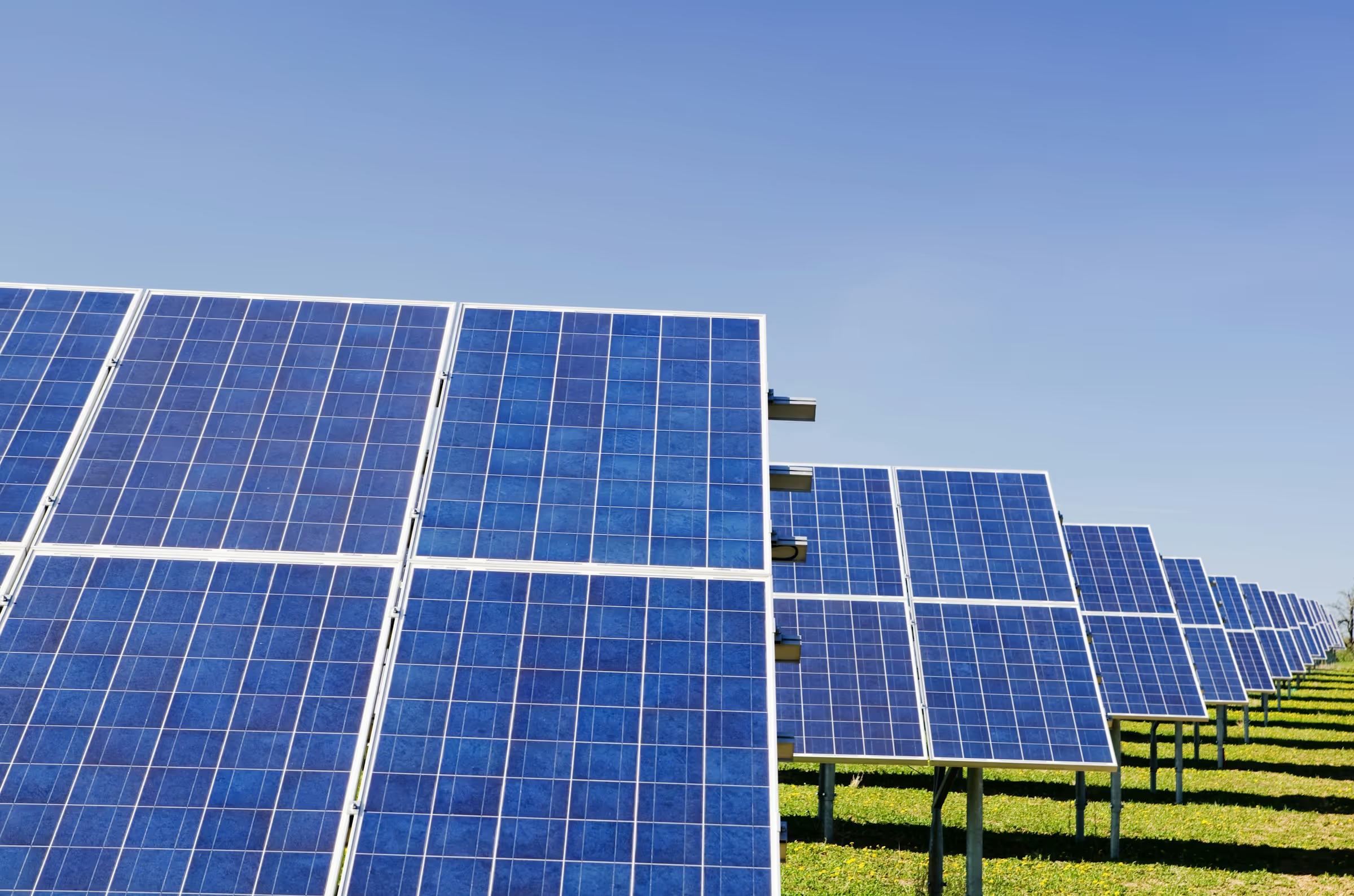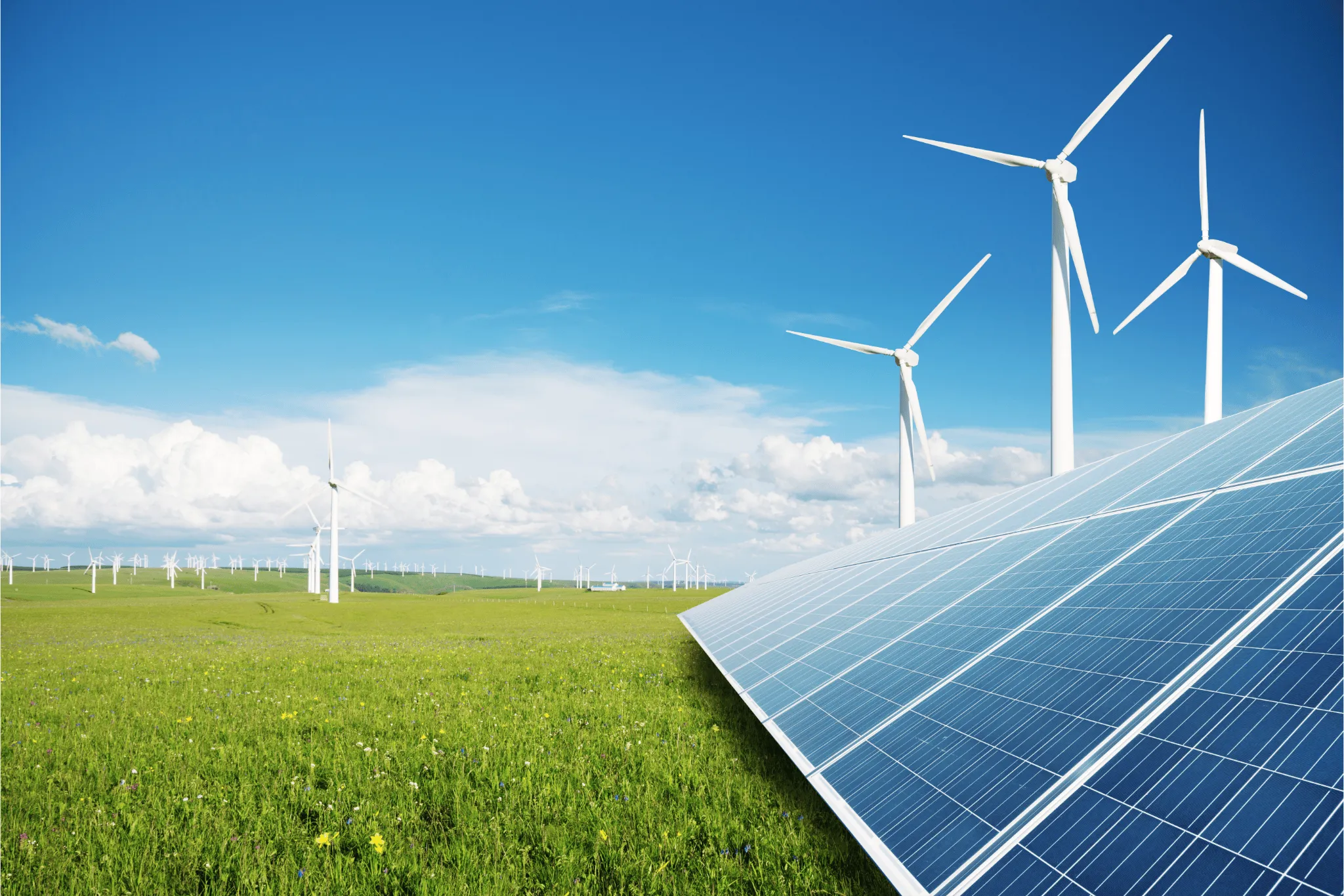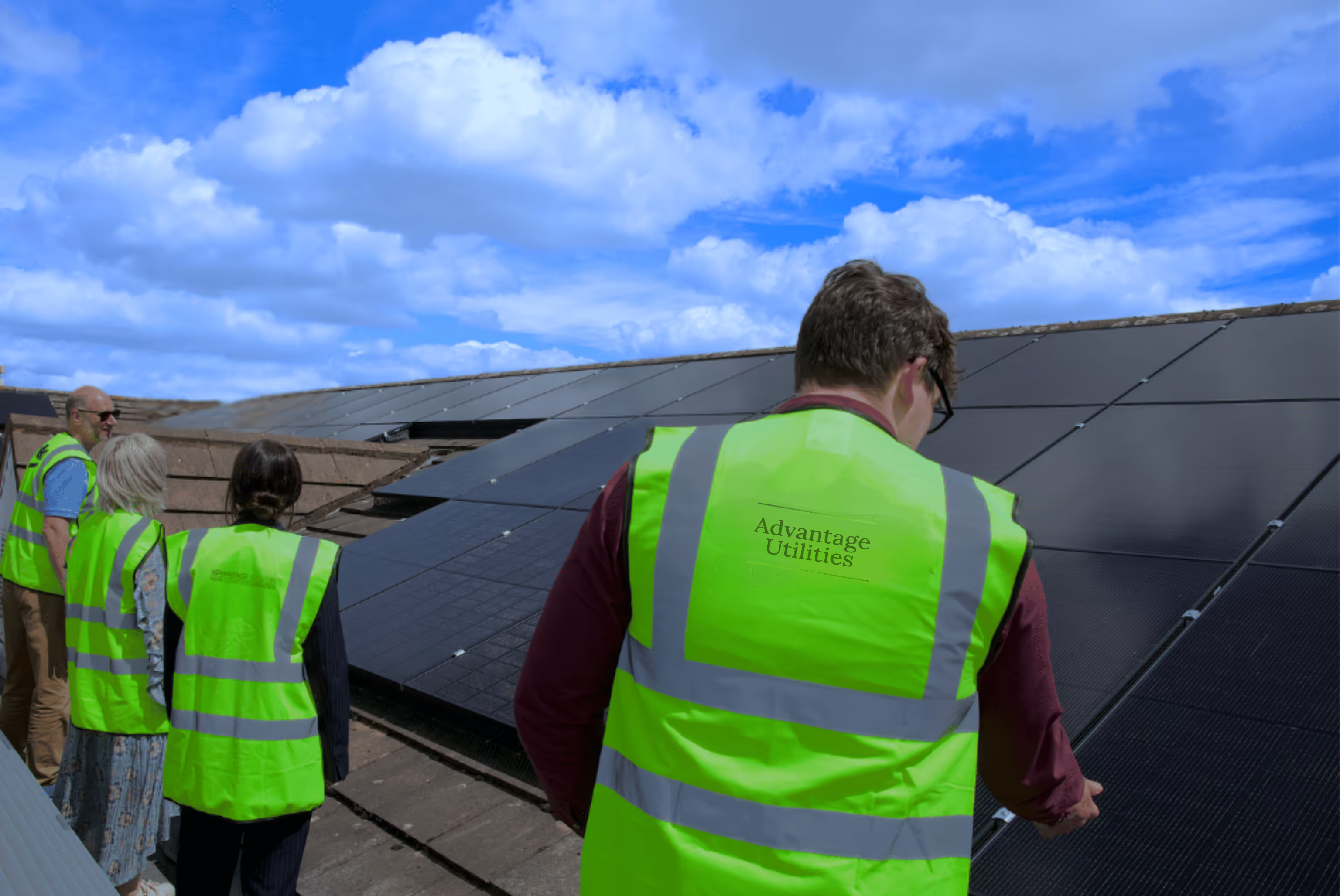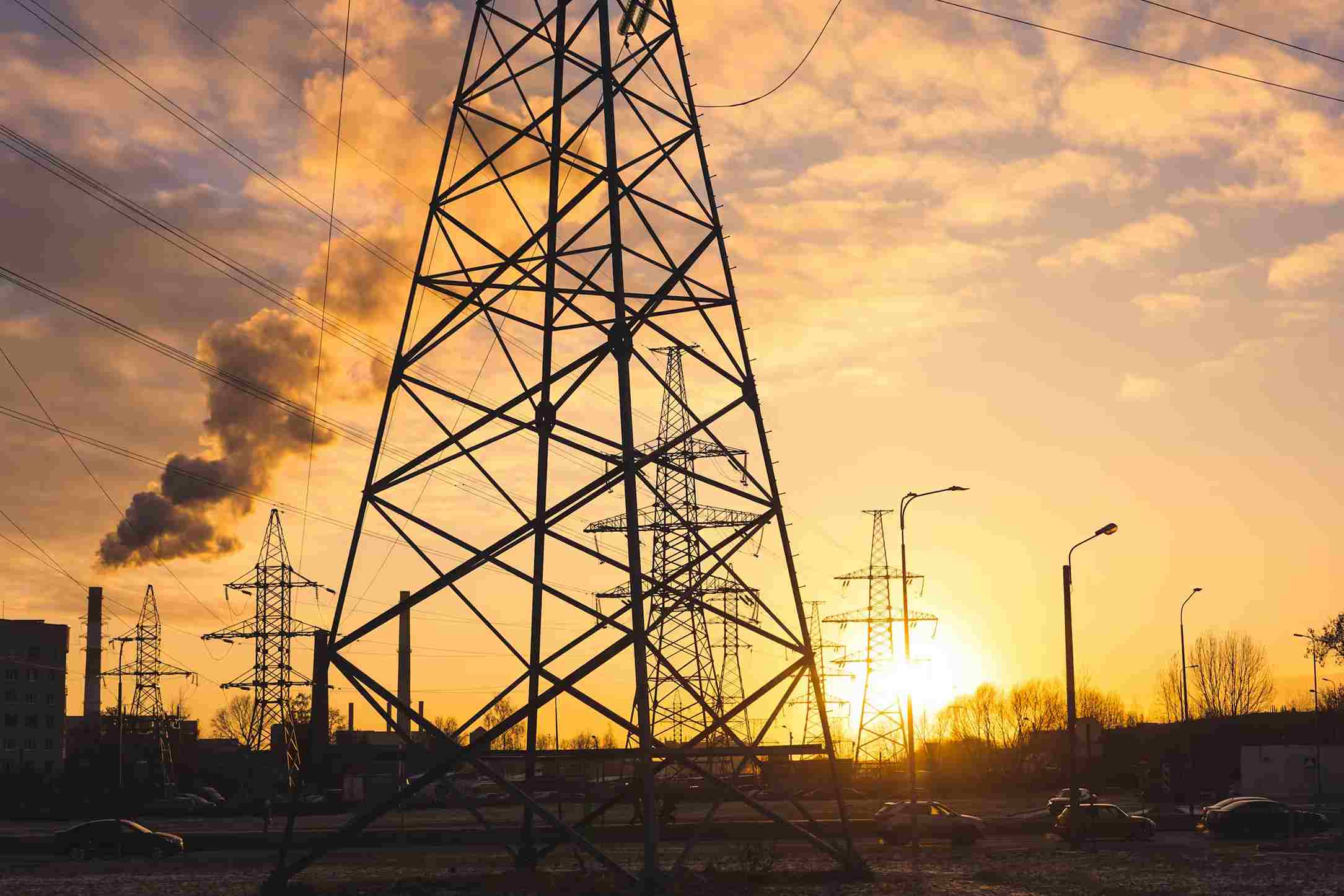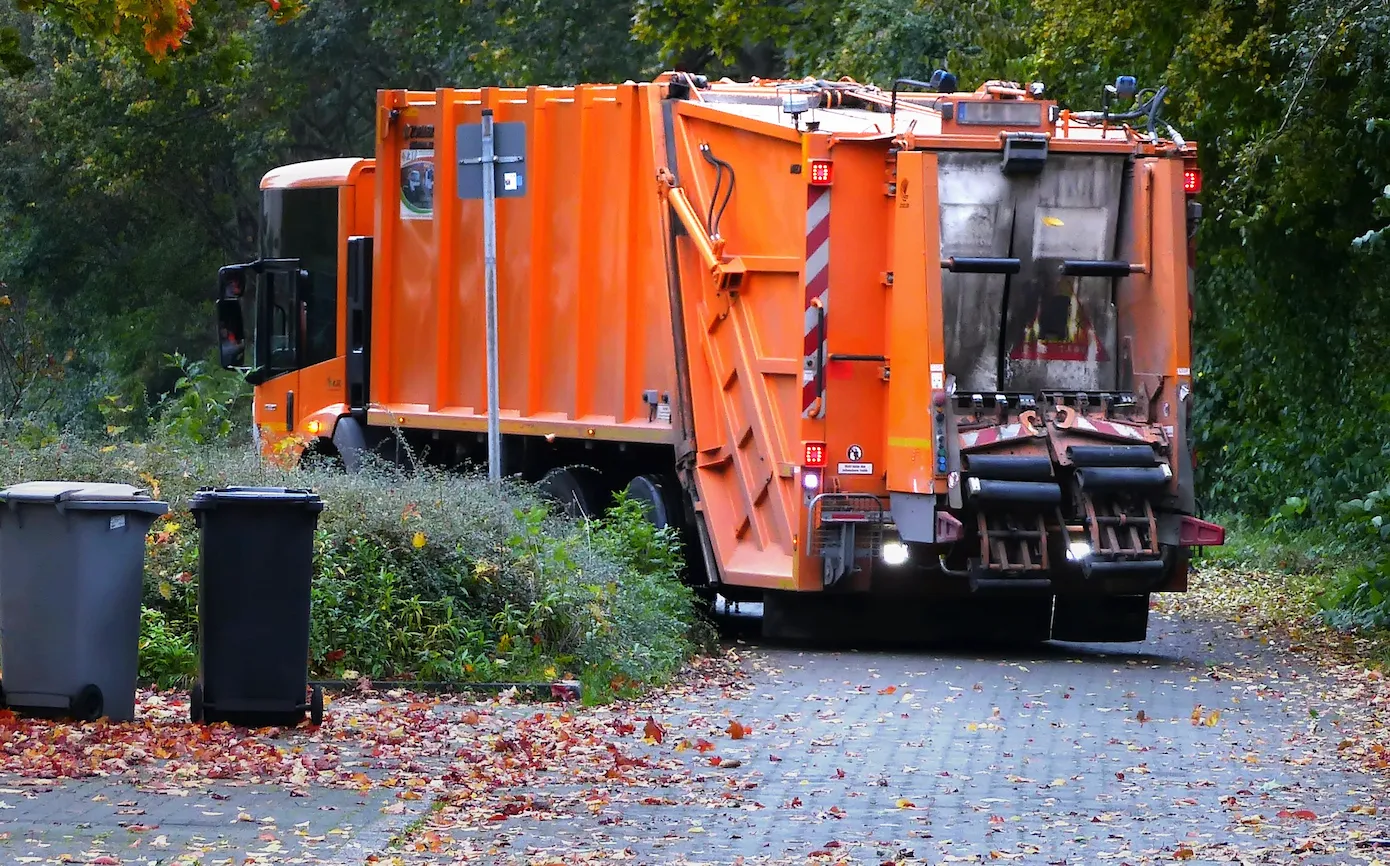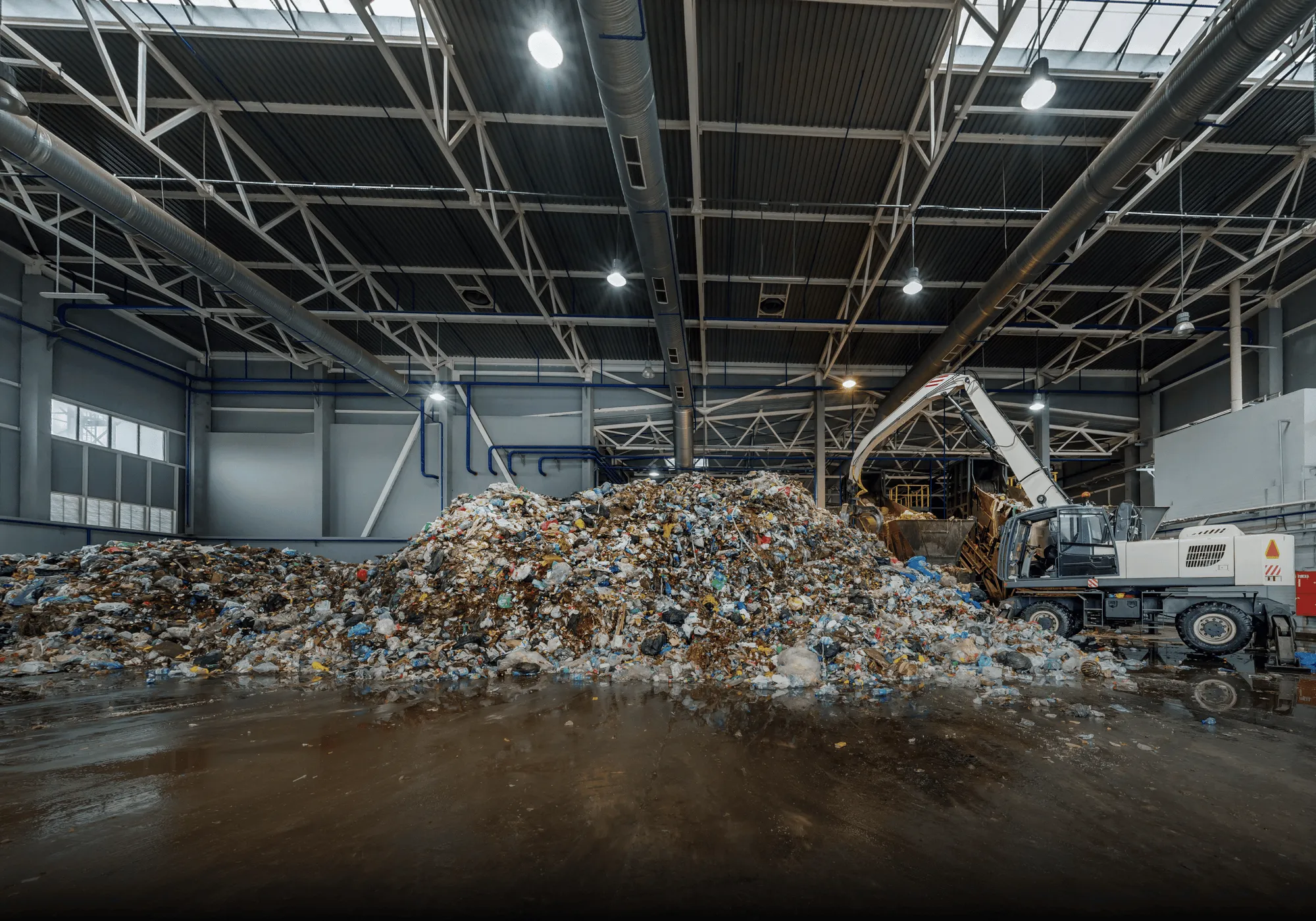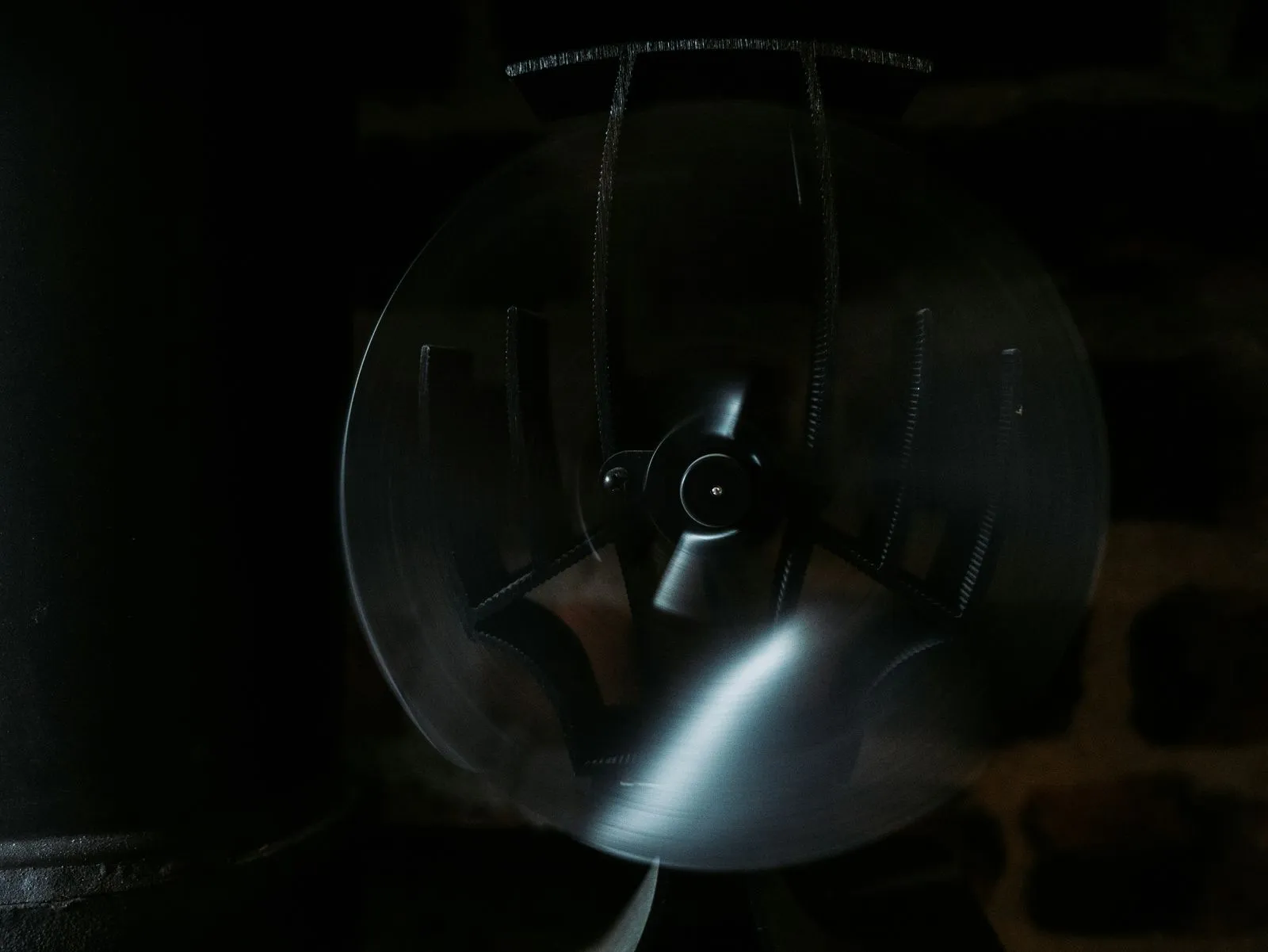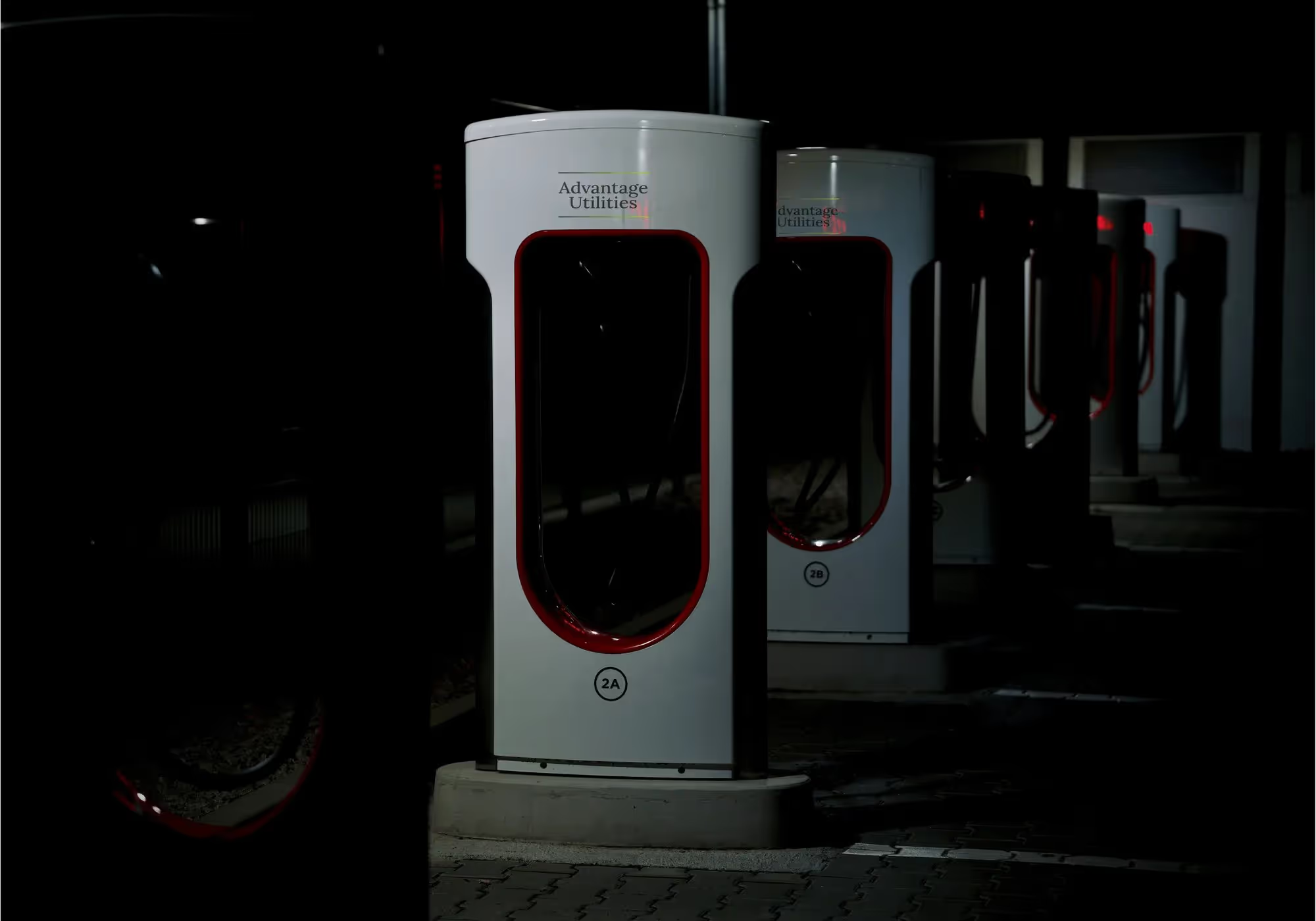We Are A Leading UK Commercial Energy, And Sustainability Consultancy
Recent Changes to Non-Energy Charges
Tailored Net Zero solutions
Guidance from the Experts
USP/Stat/Value Proposition
Data-driven insights
What You Need to Know
22,000+
Trusted Customers.
20+
Years of experience.
1:1
1-to-1 Support Throughout Your Journey
Let Us Contact You:

Featured Energy Consultancy


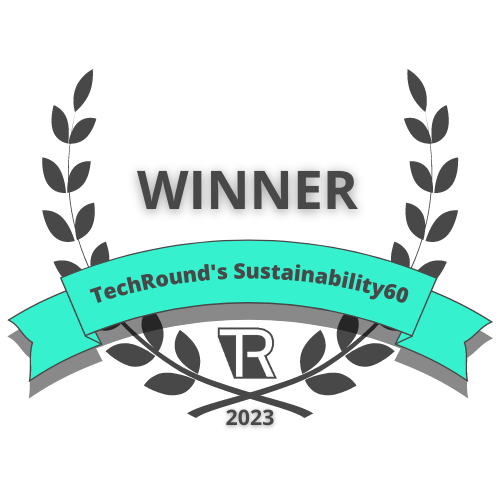

















What’s Changing?

New Nuclear RAB Levy (from 1 November 2025)
A new charge called the Nuclear Regulated Asset Base (RAB) will appear on electricity bills, designed to help fund new nuclear projects.
What this means for you: Starting November 2025, you’ll see an extra p/kWh line on your bill. While it’s modest initially, it’s a permanent change.
EII Network Charge Compensation & Supporting Levy (from April 2025)

From April 2025, eligible Energy Intensive Industries (EIIs) will receive compensation on network charges such as TNUoS, DUoS and BSUoS.
What this means for you:
Contact us if you need support or you are not sure if you qualify as an EII, we will make sure your eligibility and certificates are up to date. This will reduce your network charge burden significantly.
If you are not EII-eligible, you may bear additional costs via supplier pass-throughs. Factor that into your budget.
What This Means for You?

Budgeting becomes more complex. Even fixed energy rates may be paired with fluctuating pass-throughs, especially after 2025.
Contract renewal strategy matters. When we renegotiate with you, we’ll model multiple scenarios so you are protected from surprises.
Load management pays off more. Shifting energy usage away from expensive times and locations can reduce exposure to network and levy charges.
Certification is critical for EIIs. If your business is or could be eligible, managing your certificates can translate into real savings.
What You Should Do Now

Contact your account manager and review your EII status
If eligible, make sure you claim the compensation you’re entitled to.
Update your forecasts
Include the RAB levy and potential EII levy pass-through in your financial models for 2025–26 onward.
Engage early on renewals
Let our team model multiple scenarios so you’re protected from surprises.
Monitor regulator announcements
The compensation scheme uplift and RAB rates may evolve, so stay informed.
What Is
Non-Energy?
Non-energy (pass-through) costs are the additional charges that support the infrastructure, regulation, and schemes that keep the energy system running.
Our Advice:
Check your EII eligibility now and start the application process early.
If you are already certified, make sure you renew on time.
Contact our team. We can guide you through the process, explain what data you’ll need, and help you avoid missing out on relief.
Non-Energy Charges
How can I reduce non-energy costs?
1. Use your business' data
If you can't measure it, you can't manage it
Reducing your costs starts with controlling your consumption, and for that you need insights into your usage. Advantage Analytics is a world-class data analytics platform that gives you insights into every aspect of your energy usage.
Check out our Advnatage Analytics platform that allows you to access site data and usage from anywhere in the world.
2. Spread your usage
Time of day affects your costs
By avoiding using energy at certain times of the day, you could potentially make savings on time-sensitive non-energy charges. This includes ‘Transmission Network Use of System’ (TUoS) and ‘Distribution Use of System’ (DUoS) costs.
3.Reduce your usage
Small changes can make a big difference
Making changes to your energy usage through increasing your efficiency—including improving your insulation, upgrading your lighting and investing in new equipment—not only reduces your wholesale costs, but can lower your non-energy costs. Your Climate Change Levy (CCL) contribution depends on the volume of energy your business uses, so lowering your usage could reduce your costs beyond just what you’re saving on your consumption.
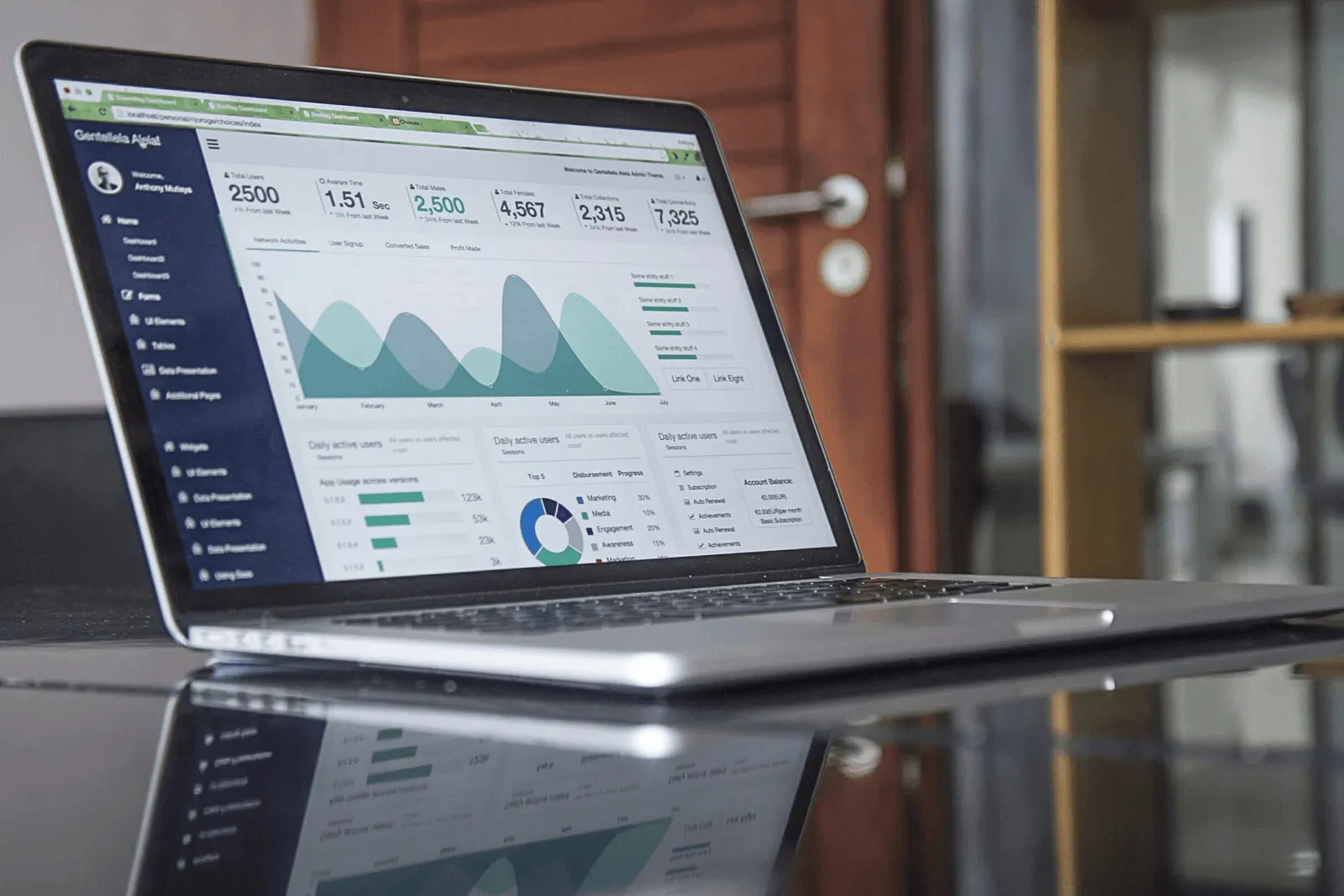
Energy Specialist Services
Why Advantage Utilities
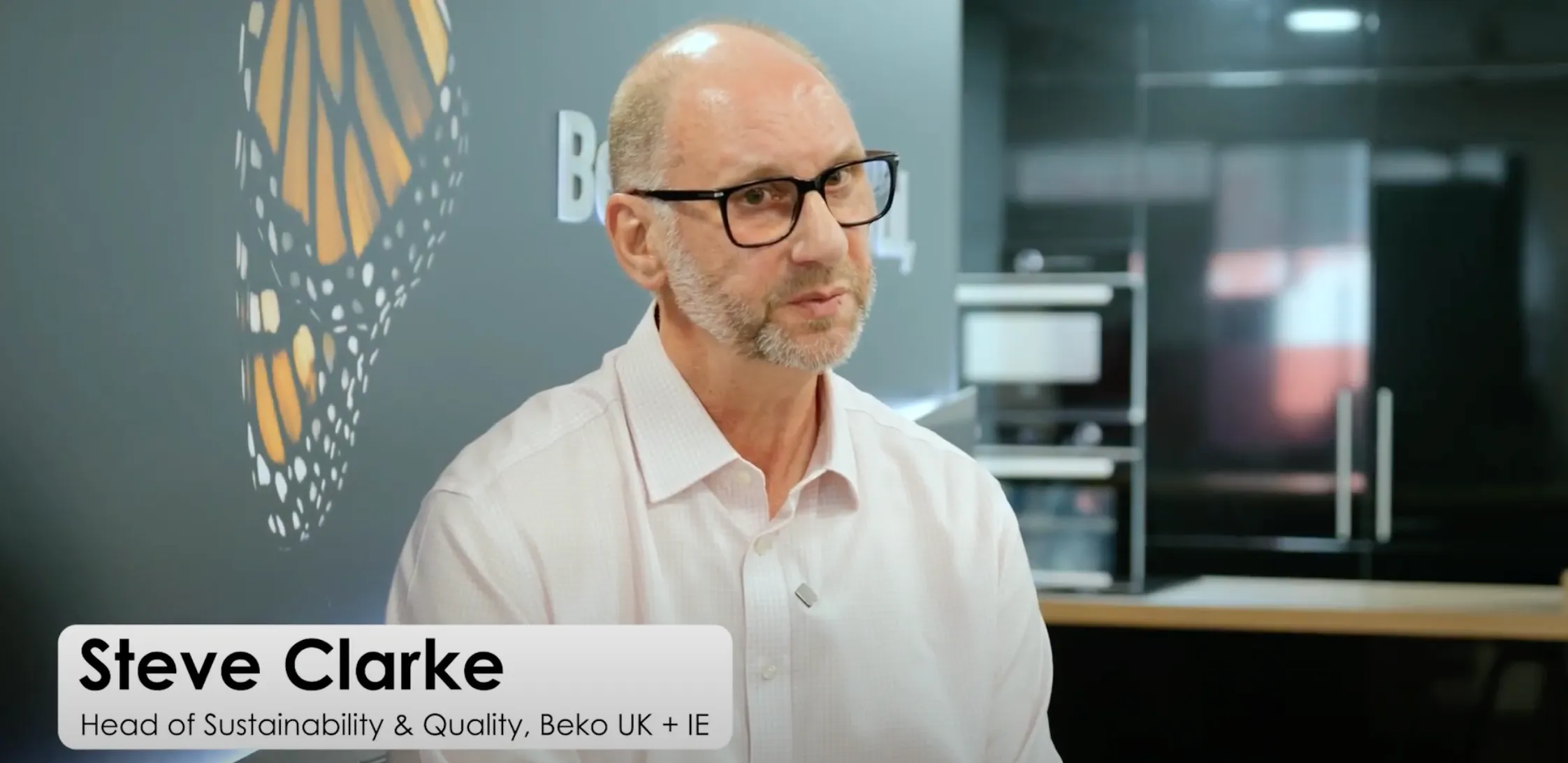
Assess. Optimise. Manage.
What Our Customers Think About Us
Energy, Gas & Water Services
Flexible Energy Procurement

Our dedicated in‑house trading desk lets you take advantage of market movements, spread risk and secure the best deals for your business energy.
Learn moreBusiness Energy Procurement

Specialist energy procurement strategies that secure the best rates, reduce risk, and deliver measurable savings for your business.
Learn moreGreen Energy Contracts

Sourcing your energy from renewable and environmentally friendly sources delivers a range of benefits to your business. We are proud to provide you Green Energy Contract.
Learn moreEnergy Risk Management

Flexible procurement is only as effective as the tools behind it, which is why we pair our trader-led strategy with real-time insight and intelligent control. Our Advantage Logics platform centralises all your utility bills, carbon reporting, and billing workflows in one place, while Advantage Analytics gives you live visibility of energy usage across your sites. Combined with our Market Intelligence & Risk Management service, powered by in-house analysts monitoring the market daily, you gain the full picture, when to buy, how much to use, and where to save. Whether you’re hedging against volatility or timing spot purchases, we give you the data and support to act with confidence.
Learn moreMulti-Site Management

Our 360° approach to multi-site energy management offers a comprehensive solution that covers every aspect of your energy needs.
Our unique combination of procurement strategies advanced monitoring and compliance support ensures that you achieve cost savings, efficiency, and sustainability across all of your locations.
Siteworks & Meter Installation

Our experienced team helps you navigate the energy market with a strategy that suits your needs, whether you value cost certainty, flexibility, or greener options. We’ll guide you through fixed, flexible, and renewable supply choices with clear, impartial advice.
Learn moreSpecialist Services
Our Values
Energy is a major overhead for businesses, yet many want to better understand how to manage it. As a specialist business energy consultancy, we provide clear guidance on selecting the best contract type to help optimise your energy costs.
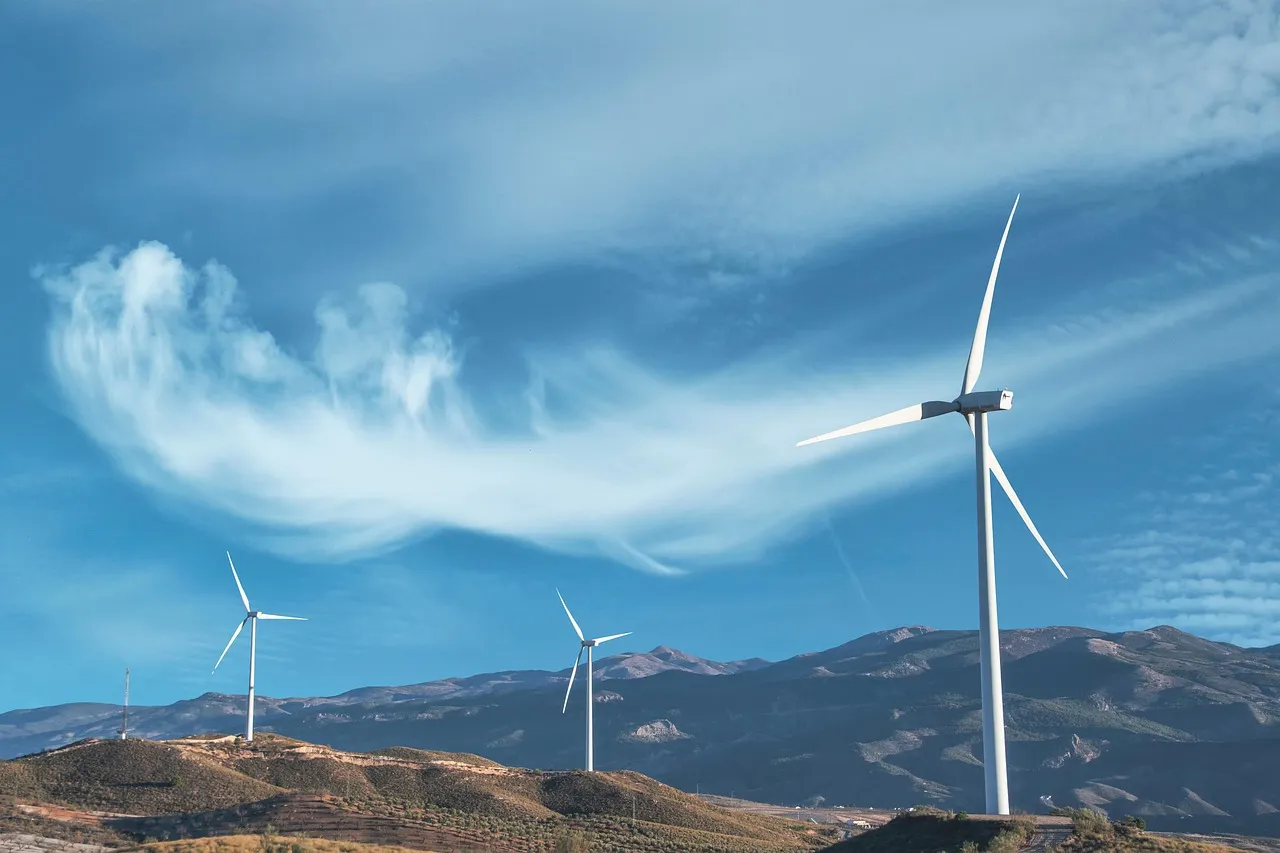
Knowledgeable
We have advised businesses of all sizes on the best ways to future-proof operations.
Transparent
Clear honest advice, supported by clear financial projections and savings.
Client-focused
Bespoke, proactive, drop-everything level of customer service.
What Our Clients Say About Us
"Advantage not only offered a fully encompassing solution but took over and executed this perfectly. The board have been extremely pleased with the prices Advantage have gained for us and the company has managed to reduce its energy costs by 28% in the first year."
The Group Finance Director
The Caro Group
"You offer a 'drop everything' level of service for all our needs with a single point of contact for us to speak with who understands us and how we work. That attribute is very rare in most companies."
Patrick Flynn, Senior Manager
The Urang Group
"Not only has my account manager allowed me to streamline my utilities, he has made my life so much easier. We achieved an overall 30-40% saving on our bills which made my bosses happy. It's people like him that give companies good names and will keep customers coming back."
Frankie Williamson
EQTR
"I was worried I was going to have a stressful situation on my hands which could have ended up in court — but Advantage Utilities resolved everything for me and managed to secure a considerable refund for me. What a relief!"
Melissa Maini, Director
Commercial & Co.

Speak With Us
We understand the complexities of navigating your energy, book in a time to speak with us below
Book A Consultation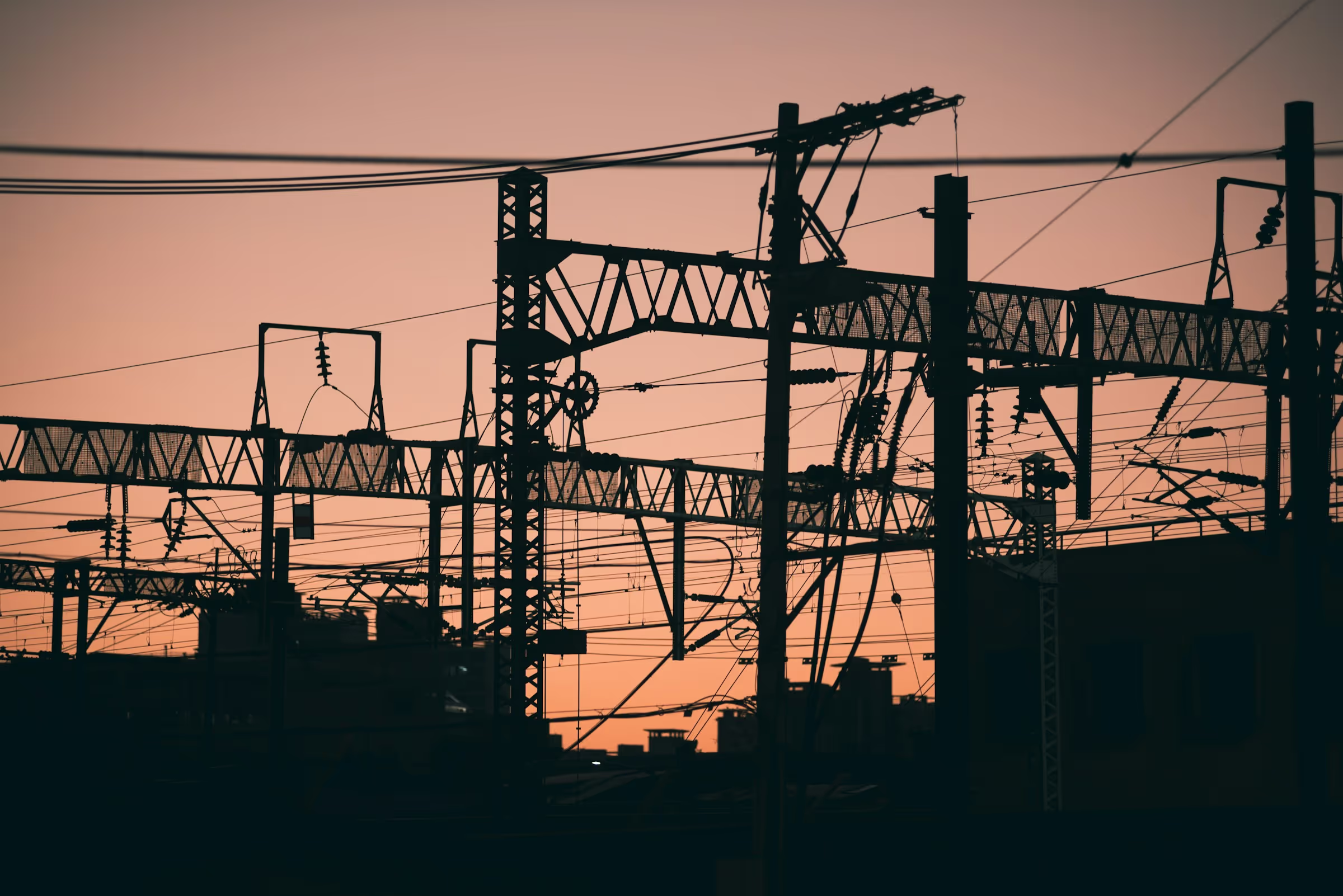
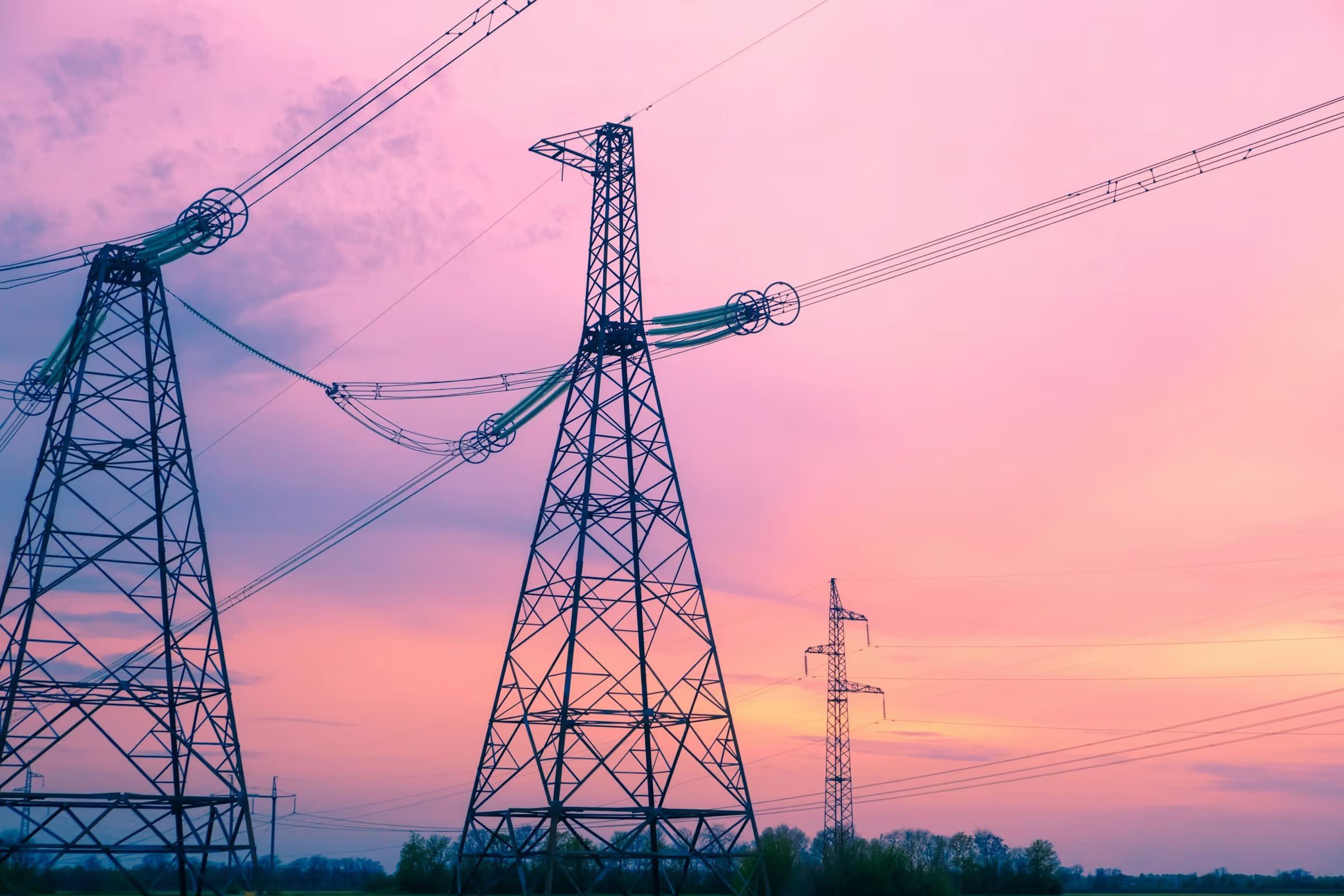
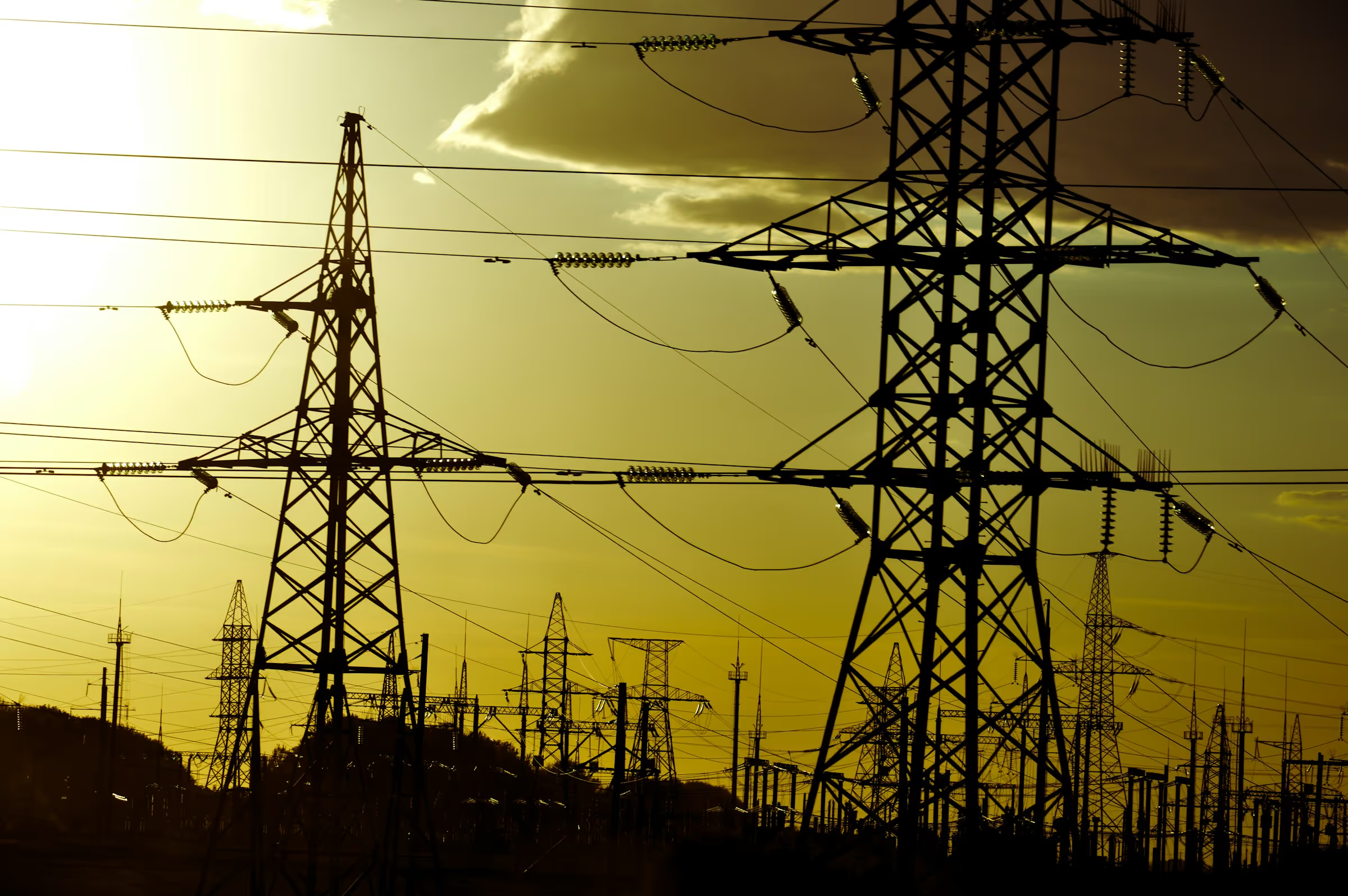


.avif)

